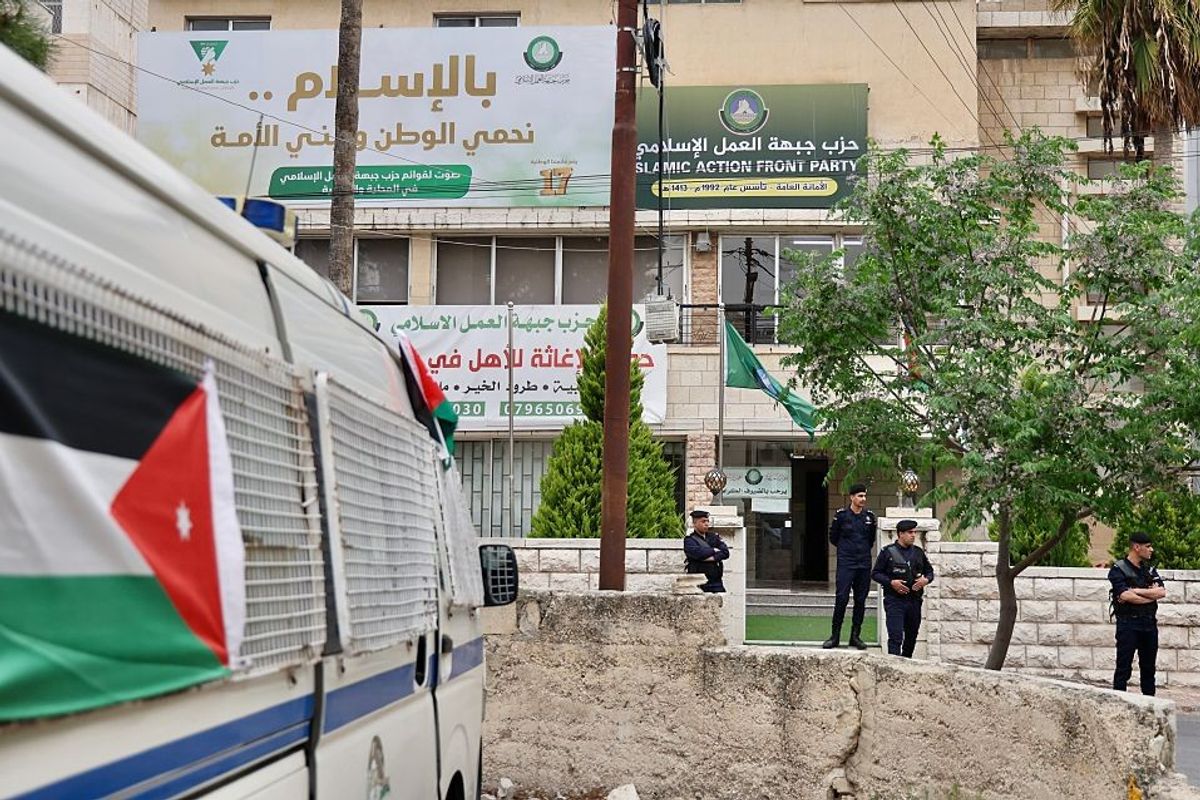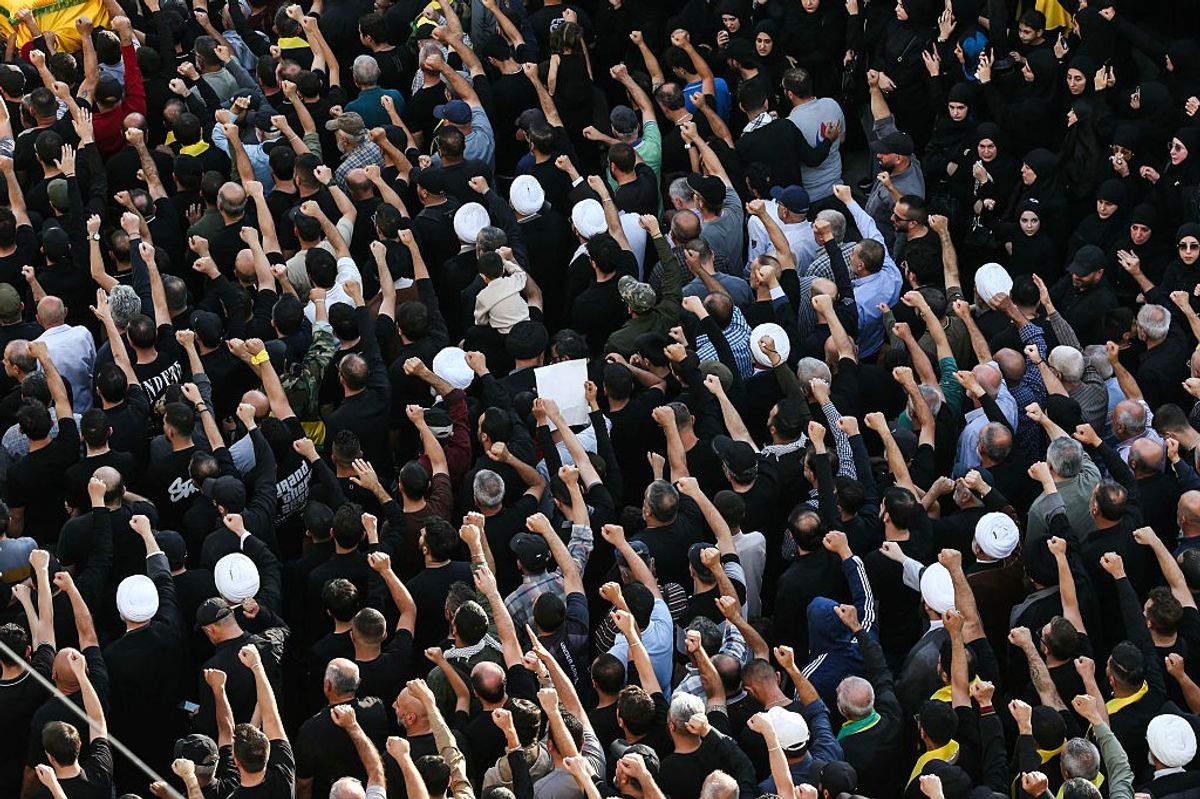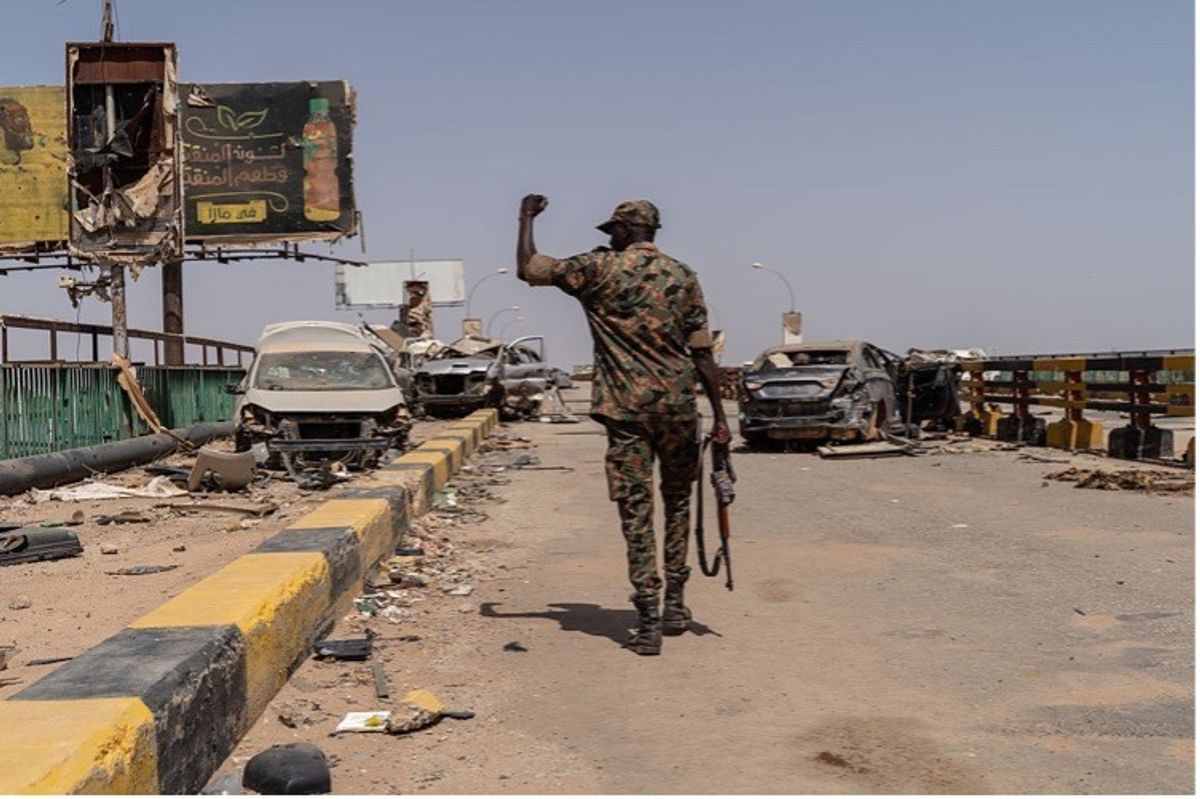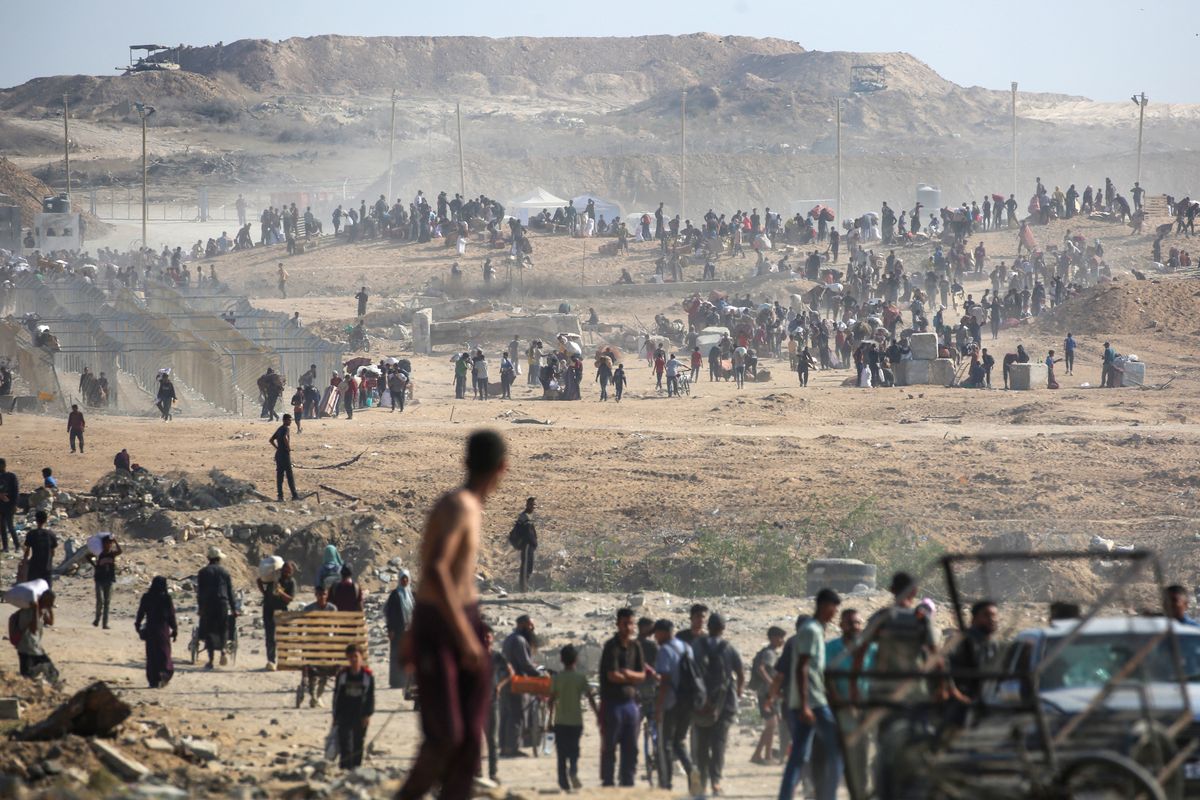OPINION — Amid protests against the Israeli war on Gaza around the world, including on American university campuses, Arab autocrats from Jordan to Morocco have been arresting and prosecuting their citizens for demonstrating on behalf of the Palestinians. Arab regimes have always been threatened by popular dissent, the Gaza carnage notwithstanding, but now they are pushing back harshly against public protests of their own citizens across the Arab world, including in Amman, Cairo, Manama, and Rabat.
Public dissent has returned to the “Arab Street” not as an echo of the “Arab Spring” that called for democratization and regime change, but rather as a validation of the centrality of “Palestine” in the Arab psyche. Arab regimes are fearful that these pro-Palestinian protests that are denouncing the Israeli-inflicted destruction of the Gaza Strip and demanding a ceasefire could easily turn against them.
Unlike the events of 13 years ago, the current protests on Arab streets are not calling for regime change but rather for Palestinians to enjoy equality and human rights and to live in peace in their own state. But Arab regimes are fearful, and rightly so, that the embers of the 2011 Arab Spring are still lurking below the surface and could easily ignite but with an even more fearsome outcome.
Arab regimes have been sending conflicting messages about the Gaza war. The Saudi crown prince and de facto ruler Muhammad bin Salman, or MBS, for example, has simultaneously quashed Saudi pro-Palestinian protests while bemoaning the enormous death and destruction in Gaza. He is calling for the establishment of a Palestinian state while signaling an ambiguous desire to normalize relations with Israel.
It's ironic that the Saudi regime, which constantly touts its role as the “guardian of the two holy mosques” has refrained from attacking the frequent defiling of Al-Aqsa Mosque and harassment of Muslim worshippers in Jerusalem by some Israeli Jewish extremists. It’s equally disingenuous, that having been the home and global exporter of radical Wahhabi Salafi ideology, 15 of whose followers participated in the 9/11 attacks, the Saudi regime is now attacking Hamas’ radical Sunni ideology. Arab publics are not fooled by MBS’s seeming hypocrisy on this score.
What is different now, however, is that Arab regimes, including Saudi Arabia, are themselves hoisting the Palestinian flag by calling for a return to the two-state paradigm and signaling that any normalization with Israel must be accompanied by a clear and irreversible Israeli commitment to a path for a Palestinian state.
The regimes’ public rhetoric, much like the pronouncements of the Biden administration, at best offers only tepid support for the Palestinians. They will have to balance their support of the Palestinians with their private criticism of the Palestinian leadership in Ramallah and their actual desire to “see Hamas go”.
The Sunni-Shia sectarian card that regimes, especially in Bahrain and Saudi Arabia, used effectively in 2011 will not work in dealing with on-going pro-Palestinian protests. Bahraini and Saudi leaders at the time accused the demonstrators of being Shia partisans acting on instructions from Iran. They seem to lack any justification for the arrests of pro-Palestinian demonstrators.
They are faced with a glaring dichotomy: Arab official media have publicly called on Israel to halt the fighting in Gaza. Yet, Arab security services continue to arrest protesters and crack down on public protests.
Arab autocrats’ support for a Palestinian state as a precondition for normalization with Israel is driven less by their commitment to the Palestinian national cause than by the unprecedented humanitarian tragedy in Gaza and the public reaction to the human suffering and devastation. Indeed, while they assert publicly that the creation of a Palestinian state must now be in view, they have failed so far to commit the post-October 7 narrative that “Palestine” must be a central theme in collective Arab foreign policy considerations or in any future Arab Israeli relations.
As the so-called Abraham Accords have shown, the leaders of Bahrain, the United Arab Emirates, Morocco, and Sudan normalized relations with Israel while marginalizing the Palestinian-Israeli conflict. Saudi Arabia would have followed suit had the Hamas October 7 assault not occurred. As the region moves forward to a post-October 7 stage, Arab regimes’ calculus of any envisioned normalization with Israel can no longer ignore the centrality of the Palestinian-Israeli conflict. MBS and his fellow autocrats realize they can no longer sweep “Palestine” under the rug if they want to maintain a semblance of legitimacy of their publics.
Adding to this new perspective is the fact that, for the first time since the creation of Israel in 1948, “Palestine” is no longer a regional issue but a global one. The number of UN member states that now recognize a State of Palestine has grown to 139. The UN Security Council would have approved a resolution granting Palestine full membership last month had the United States, which was totally isolated on the question, not cast its veto.
Hamas’ ability to withstand the Israeli assault for nearly seven months and the global official and unofficial support for the Palestinian cause perhaps will prove that this time around — unlike 2011 — there will be a serious backlash. As one academic wrote recently, “Middle Eastern regimes—and America—ignore public anger at their peril.”
Arab autocrats and the U.S.
Arab potentates and the United States have long ignored Arab public opinion’s opposition to normalizing relations with Israel without resolving the conflict in a way that serves justice for Palestinians. Washington has been comfortable engaging Arab autocrats and has concurred with their claim that the “Arab Street” is manageable, and that public protests are episodic and can always be controlled and manipulated by regime security services.
For over three decades, Arab autocrats have relied on Washington’s unflinching support for their form of autocratic and strongman rule. They have correctly understood that, despite the frequent statements by American leaders, including President Biden, extolling the virtue of democracy and good governance, U.S. Middle East policy has maximized engaging autocrats and minimized relations with pro-democracy advocates and civil society institutions. They know that their harsh measures against their own people and serial violations of human rights will not be challenged by American leaders, Republicans or Democrats.
If their peoples, however, rise to challenge their strongman rule, Arab regimes are not sure that Washington will stay the course after the Gaza war ends. They see China potentially as a major diplomatic player in the region, particularly in its attempts to settle regional disputes—for example between Iran and Saudi Arabia. If that happens, they will have to deal with their peoples’ grievances and demands by themselves without U.S. support or endorsement. Which might not be a bad thing for the region.
Consider publishing your national security-related, thought leadership content in The Cipher Brief, with a monthly audience reach of more than 500K national security influencers from the public and private sectors. Drop us a note at info@thecipherbrief.com
Read more expert-driven national security insights, perspective and analysis in The Cipher Brief because National Security is Everyone’s Business.
















